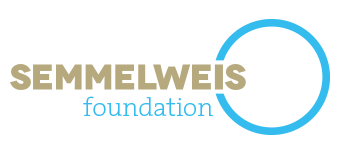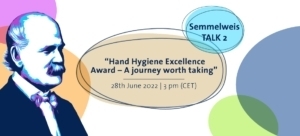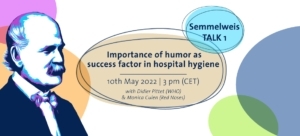Could antibiotic stewardship programs be reinforced through social media? According to a recently published study they could be helpful to increase the knowledge of antibiotics and strengthen ASP practices. New Media are also important in the field of hospital hygiene. About this issue will talk Tcheun-How Borzykowski (WHO Collaborating Centre on Patient Safety) at the second Semmelweis CEE Conference on March 7-8 in Budapest.
Guidelines, epidemiologic data and antibiotics change often – too quickly for health care workers. Reinforcing antibiotic and stewardship knowledge through social media has the potential to bridge this gap, the study-authors say. For the investigation Dr. Jennifer Pisano (University of Chicago Medicine) and her colleagues utilized Facebook and Twitter to raise awareness of ASP tools located on their facility’s website, including infection-related clinical pathways and order sets. In addition to basic information, they posted trivia questions and offered a $5 coffee card each day to increase participant engagement.
Fifty-five internal medicine residents (IMRs) agreed to follow the facility’s ASP on Twitter and Facebook for six months. The researchers encouraged the IMRs to engage with the program; however, it was not mandatory.
Thirty-nine percent of the participants completed surveys administered before and after the intervention. The participants were more confident about antibiotic duration in inpatient and outpatient settings, and were more aware of pathways and drug dosage recommendations. Their knowledge on the ASP and how to access it on the internal website increased from 70 to 94 percent, and the proportion of IMRs who reported using clinical pathways “sometimes, frequently or always” significantly increased from 33 to 61percent.
Pisano and her team believe that social media has the capacity to reach medical trainees to disseminate and reinforce important information regarding antibiotic use criteria and other educational and patient safety tools.
New Media can play an important role also in the field of hospital hygiene. About the potential of this issue will talk Tcheun-How Borzykowski from the WHO Collaborating Centre on Patient Safety at the second Semmelweis CEE Conference on Hospital Hygiene and Patient Safety (his lecture: Communication and New Media in hospital hygiene). Be part oft the conference!




